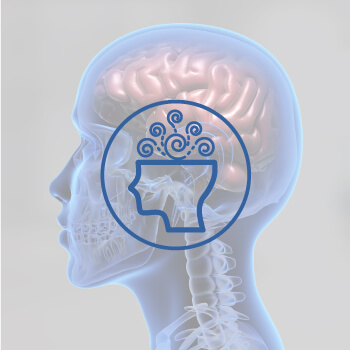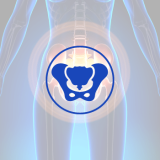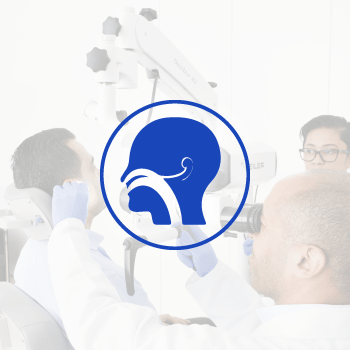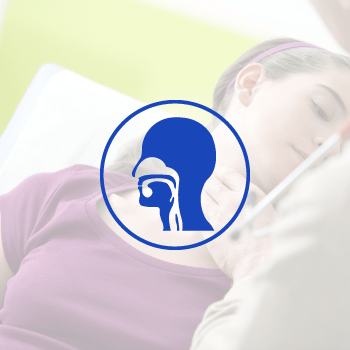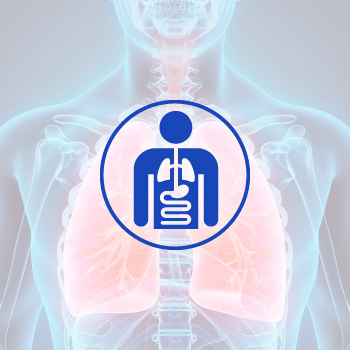MAMMOGRAPHY
Mammography is a specialized imaging technique that uses low-dose X-rays to capture detailed images of the breast tissue. It has become the gold standard for breast cancer screening and diagnosis due to its ability to identify potential abnormalities, including tumors and calcifications.
- Types of Mammography:
- Purpose of Mammography:
- Benefits of Mammography:
- Guidelines and Recommendations:
There are two primary types of mammography:
- Screening mammography
- Diagnostic mammography
Screening mammography is performed on asymptomatic women who do not have any specific breast concerns or symptoms. Its primary goal is to detect breast cancer at an early stage when there are no noticeable signs or symptoms.
Diagnostic mammography, on the other hand, is performed on individuals with specific breast concerns, such as breast lumps, nipple discharge, breast pain, or abnormalities detected during a screening mammogram. Its aim is to evaluate and diagnose these specific breast issues.
The primary purpose of mammography is twofold. Firstly, it serves as a crucial screening tool for breast cancer, enabling the early detection of tumors when they are small and more treatable. Secondly, mammography plays a key role in diagnostic assessment, assisting healthcare professionals in determining the nature and extent of breast lesions, guiding treatment planning, and facilitating informed decision-making.
Mammography offers significant benefits, including early detection of breast cancer, leading to improved survival rates and a wider range of treatment options. It provides peace of mind to women by allowing for proactive management of their breast health.
National and international organizations have established guidelines for mammography screening, taking into account age, risk factors, and family history.
- The minimum age for mammography screening may vary depending on the guidelines provided by different organizations and countries. However, most organizations recommend starting regular mammograms after the age of 40.
- If breast lesions are detected on mammography, an ultrasound can be advised. Ultrasound can be a useful tool in assessing breast lesions, especially when there is uncertainty regarding their nature or when additional information is needed. It can help differentiate between solid masses and fluid-filled cysts, provide guidance for targeted biopsies if necessary, and contribute to a more accurate diagnosis.
However, individual risk factors and shared decision-making between women and their healthcare providers play a crucial role in determining the appropriate screening frequency and age to initiate mammograms.
BOOK APPOINTMENT NOW



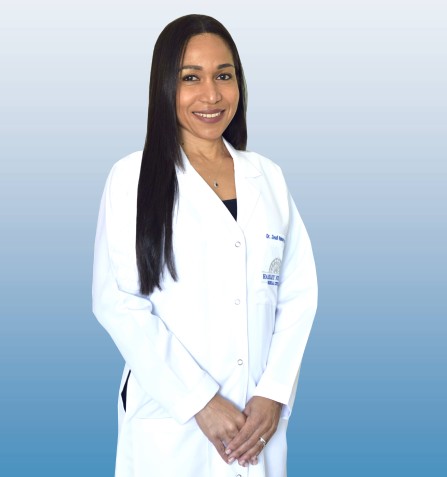



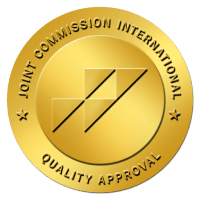
 أنقر هنا
أنقر هنا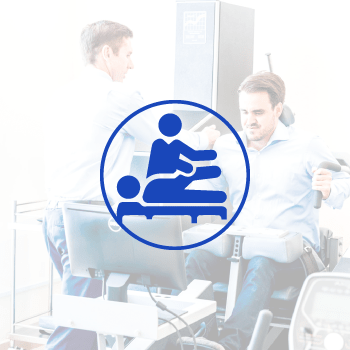 أنقر هنا
أنقر هنا
